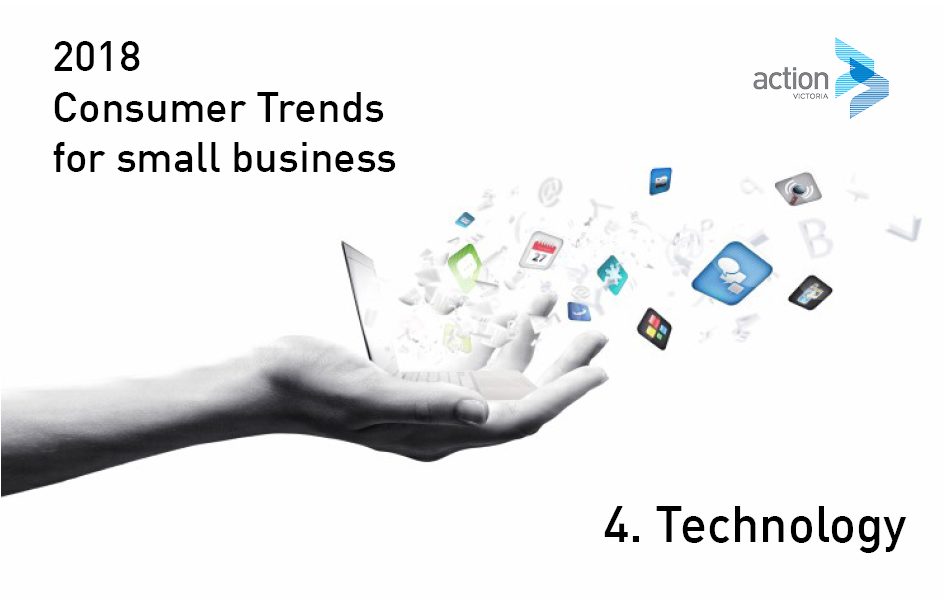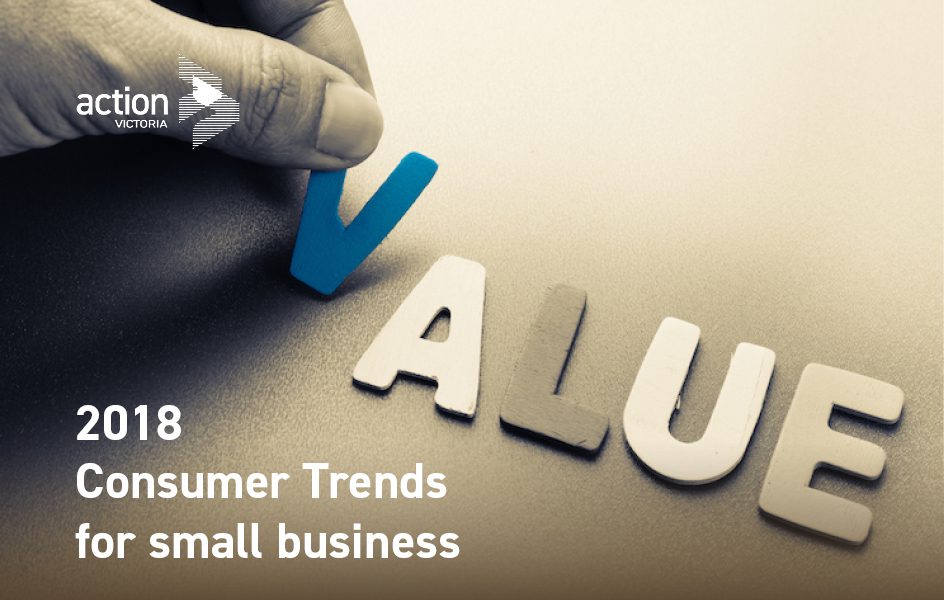Marketing
Does it make sense to stop marketing during COVID-19?
A surprising number of small business owners have told us they think they should put their marketing on hold due to the COVID-19 disruption.
The reasoning goes, they need to conserve cash to survive the lean spell and marketing is pretty pointless when everything has stopped.
Yes, conserving cash is always a sound strategy. But no marketing? Bad idea!
Over the last couple of weeks, we’ve helped heaps of clients carry out emergency cost cutting exercises. We’ve looked at their marketing spends too. But put marketing on hold altogether? No way!
Now, more than ever, you need to be communicating with customers.
- “Yes we’re still open for business”
- “Yes, we’re taking special precautions to ensure safe working conditions”
- "Slightly different arrangements due to COVID-19, but yep we’re going strong”
You need to be putting this stuff on your website, in emails, temporary signage, everywhere! Expectations with the public right now are, that everything has been disrupted. If you don’t let them know otherwise, how will they know?
The world has not stopped turning. The sky is not falling in.
The other huge thing is this: All kinds of customers are looking for stuff they wouldn’t normally want right now. In some cases, the same panic buying mentality supermarkets have seen is surfacing for certain types of trade and service work.
Right now, amongst other things, we’re seeing:
- A lot of bored home stayers looking at home and garden improvement projects, needing quotes.
- Emergency plumbers fielding extra work because of the extra use home plumbing is getting.
- Shop fitters adding retail service barriers and helping restaurants adapt to doing take away work.
- Home office conversion work.
- Crazy amounts of extra cleaning and transportation work.
People we work with on the Action Tradie Program have come up with heaps of ideas to satisfy current demands like these in short brainstorming sessions; sitting down with somebody who knows how to activate their thinking.
Often, it’s a case of revisiting stuff they’ve discarded in the past because there were better things to do at the time.
We find a lot of people think they have to come up with something new and emerging to hit the spot, but that’s often not necessary at all.
If you’re prepared to think a bit outside the box and quick enough on your toes, there are heaps of opportunities to be had.
Special Offers for Healthcare and Frontline Workers anybody? They deserve some extra support from the rest of us right now and it’s not like they’ll be out of work any time soon!
Yes, you’ll probably want to be advertising different stuff.
But that’s not hard.
Just — whatever you do — hold off sacking your AdWords / Facebook Advertising guy. Tell him it’s time to start earning his keep and you want him to help you innovate.
Are you feeling overwhelmed with business pressures right now?
We’re running a free emergency business hotline for anyone who needs support and advice to get their business through this stressful time.
Call it. We’re here to help.
ACTION VICTORIA FREE BUSINESS HOTLINE
Call 1300-971-763
Lines open 7:00AM to 9:00PM – 7 Days
We’ll also be running a free webinar online soon, where we go over pivoting strategies to ensure businesses navigate these uncharted waters successfully.
If you’re interested, send us a quick email to let us know by pasting the following into the body of your message.
PLEASE LET ME KNOW WHEN YOU HAVE SCHEDULED THE NEXT FREE WEBINAR ON BUSINESS PIVOT STRATEGIES FOR COVID-19
Hang tough!
Discounting
Small businesses with a solid pricing strategy can still be perplexed with the concept of discounting. The advantages are obvious - the business attracts a high volume of customers in a short period of time and builds a customer base responsive to price. The disadvantages however, are many, starting with the larger businesses and mass retailers able to sustain their lower prices based on their superior relationships.
.
A larger retailer has the luxury of economies of scale2 which gives them a lower price per unit with its suppliers and producers based on the large quantities that they can sell. With an inbuilt larger margin, the mass retailer is able to not only gain larger profits for the same item as a smaller business, but it can also discount a product without losing a base-line profit in the existing market. They can also reduce their costs and increase their margins by simply buying and owning the suppliers that produce their items. They then can keep their leading market position based on what is called vertical supplier chain integration3 as well as their ability to use economies of scale.
Small business with little buying power, lower volumes, unable to buy their suppliers and producers businesses and have difficulty in sustaining discounts without losing valuable profit need to be sceptical and cautious about discounting when it appears in their market space. Some small businesses who haven’t given discounting enough time and thought will see the discounts in their category may wonder if they should follow suit. A clear disadvantage of discounting for a smaller business is that consumers will start to associate a lower price with lower quality of product or service. This customer may perceive that the product or service is an end-of-the-line, hard to sell item and that the discount is the business’ an attempt to move that particular stock quickly4.
Being the smaller fish in the sea means a shift in thinking about discounting products. The shift being toward not doing it.
Even with a 10% reduction in a product it will result in a much higher level of effort from the smaller business to claw back the same amount of money as they would receive had they not given the discount in the first place. Discounting devalues a product or service more especially if a price rise wasn’t instigated before the reduction.
A way to combat a competitor in the market who is intent on discounting is to switch tactics, focus on just one or two customer items, provide a clear benefit that is different from rivals and do that one item with super efficiency so the business is able to gain maximum profit5. If a price war between businesses means your business loses customers and probably much more, don’t do it. Discounting is not the way to go.
References:
1 http://smallbusiness.chron.com/discount-pricing-strategy-794.html
2 http://www.investopedia.com/terms/e/economiesofscale.asp?layout=infini&v=5F&adtest=5F&ato=0
3 http://www.investopedia.com/terms/v/verticalintegration.asp?layout=infini&v=5F&orig=1&adtest=5F
4 http://www.letslearnfinance.com/advantages-and-disadvantages-of-discounts.html
5 https://hbr.org/2006/12/strategies-to-fight-low-cost-rivals











